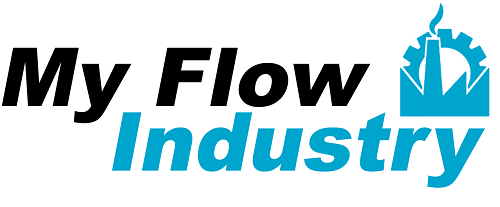
Have you started a new business? Congratulations! Now it’s time for you to choose the best internet service provider that caters to your business needs.
Since most internet service providers (ISPs) offer a wide range of plans for home networks, it can be difficult to find a suitable plan for professional work. Whether you are running a home-based startup or a business, it is up to you to decide how fast you want your speeds to be.
We have curated a five-step guide for you to select the right ISP for your business:
Network Type
If you have a small business, look for plans that are designed to facilitate small businesses or enterprises, not home networks. Then, you need to decide what type of network is suited for your business: shared or dedicated network.
Shared networks have the same features as residential internet, but they are marketed as business internet. Most shared networks use wireless, cable, DSL, shared fiber, and satellite internet connections. Your bandwidth is shared with multiple users in your area connected to the same internet provider. These are known as the most cost-effective option for small businesses; however, they don’t offer the fastest speeds. In addition, you may encounter issues with network performance, including latency.
For businesses that use cloud services, VoIP, and video conferencing, it is better to choose a higher-speed internet that guarantees good performance. Your connectivity should meet your stated metrics via service level agreement (SLA); hence, you will need a strong network with a responsive team. However, it will cost more than the other options.
Enterprise-level, commercial-grade, and business-grade internet is known to provide guaranteed performance services. The most common connection types are cable and fiber-optic. However, you need to know the difference between true fiberoptic, and hybrid fiber-coaxialconnections. On the other hand, pure fiber services use only fiber optic cables to provide connectivity to your office.
Speeds
Choosing the right speed for your business is not as simple as you think. You may end up paying too much or too less for a service. Even if you select the most well suitedspeed for your current business needs, your needs may change in the next few months. In addition, it may require you to increase your speed by opting for another ISP instead of using a guaranteed service that fails to provide the speeds you need.
Speed Claims
Many internet providers lure their customers by providing different speeds. Cable and DSL internet are some of the most common services that providers advertise by informing the customers about the download speeds only. In reality, the speeds quoted are just theoretical and the practical speeds vary significantly.
You must consider the bandwidth that the ISP offers. You can carry out basic tasks, such as internet search, voice, and email without taking up too much bandwidth. Whereas, streaming sports, large file transfers, video surveillance, video conferencing, and robust cloud services may take up a lot of your bandwidth, consequently affecting the speeds as well. The number of employees connected to a network influence your bandwidth as well.
Small businesses that need business-grade services for things like sending emails and sharing posts on social media for marketing can make do with internet speed ranging between 25 and 100 Mbps.But if you start web hosting, streaming videos, or collaborating online, you will need much more.
Your provider may help you in deciding the right bandwidth and speed, as long as it has an expert customer support team. You can observe your peak usage times and average usage through these monitoring reports to avoid paying for bandwidth you don’t need.
Responsive Customer Support
An ideal ISP should provide usage reports so you could scale your bandwidth according to your growing needs. This way, you can run your business operations smoothly without worrying about bandwidth issues.
See if your chosen ISP fulfills your expectations for customer support. If your business operations depend on your broadband internet, you need to have direct access to tech support throughout the day. You can resolve downtime and other internet issues with help from support teams.
Availability
Many ISPs offer services in limited areas only. This is because of the high costs to establish and expand their networks across the country, especially fiber internet. Many people believe that they need to have fiber internet for high speeds. Luckily, you will get exceptional fiber internet speeds with AT&T Internet packages without paying a hefty amount.
Reputation
Before finalizing an internet service, you need to consider the following factors to help you decide if it is worth it or not:
- Internet redundancy
- Customer’s reviews
- Internet service quality
A Final Note
You can meet all your business goals with an internet service provider that offers high speeds and unlimited data. Check out BuyTVInternetPhone for the best internet plans for your business.
